Although AMD’s upcoming consumer Zen CPU, codename Summit Ridge, has been all the talk in the past few months, an even bigger, more important chip coming down the pipeline is AMD’s upcoming 32-core Zen based chip, codename Naples. This is important because Intel’s most profitable sector is in the enterprise where they hold over 99% marketshare in the CPU market. With AMD planning to jump back into the market, it could significantly change the landscape especially considering their upcoming Zen architecture is promising massive gains in performance.
While AMD hasn’t released many official specifications or benchmark figures on its new CPU, some keen eyes from the guys at WCCFTech managed to spot some benchmarks that may have inadvertently leaked into the GeekBench database.
Here we can see that the benchmark is for an AMD Engineering Sample running at 1.44GHz with a boost clock up to 2.9GHz as denoted by its part number “2S1451A4VIHE4_29/14_N”. It has 64 cores listed, but because it’s two CPUs, each CPU will contain 32-cores. Interestingly, it also has a massive 65536 KB L3 cache which is massive and isn’t something you’d typically see on a CPU.
The motherboard is an AMD Diesel based motherboard which may be the one shown above. In this specific system, it looks like it has 257850MB of DDR4 memory.
As for the Geekbench score, the system scored 16,957 for the multi-core.
While we weren’t able to pull any information on a comparably clocked Intel chips, here’s some Geekbench scores with Intel chips. At a score just shy of 17,000, the AMD Engineering Sample still some ways away from dethroning the top end Core i7, but keep in mind this is a very early engineering sample with very low clock speeds. At 64 cores on a dual socket motherboard, even a 100MHz clock speed increase could mean some huge differences in multi-core performance.
AMD expects to begin shipping their Zen based server CPUs in 2Q2017.
Source: Geekbench via WCCFTech
Image Source: Anandtech

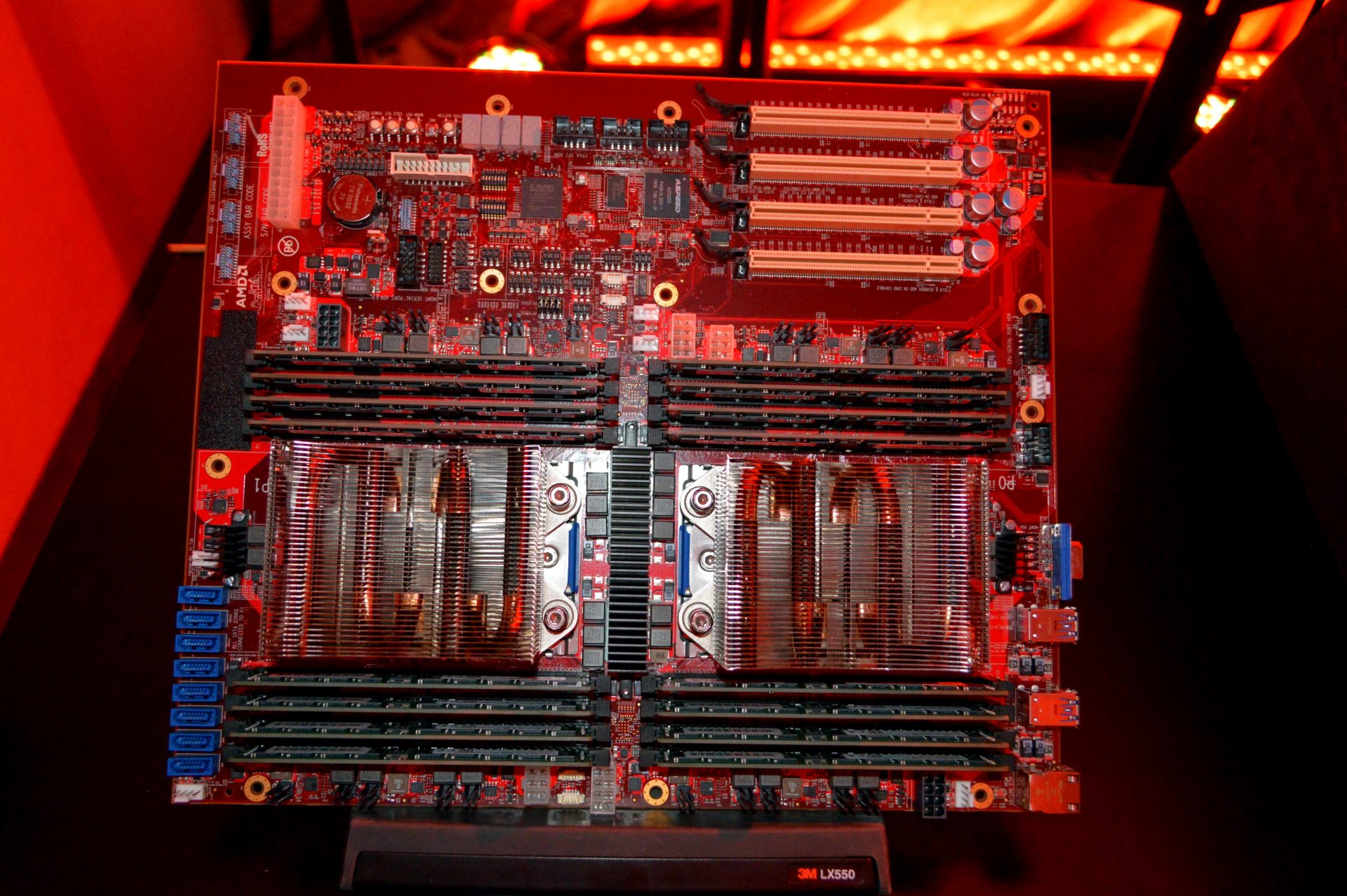
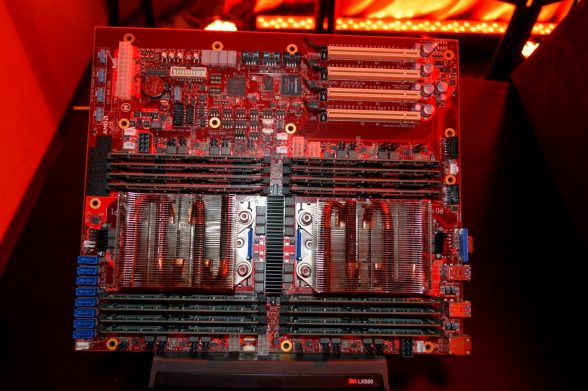
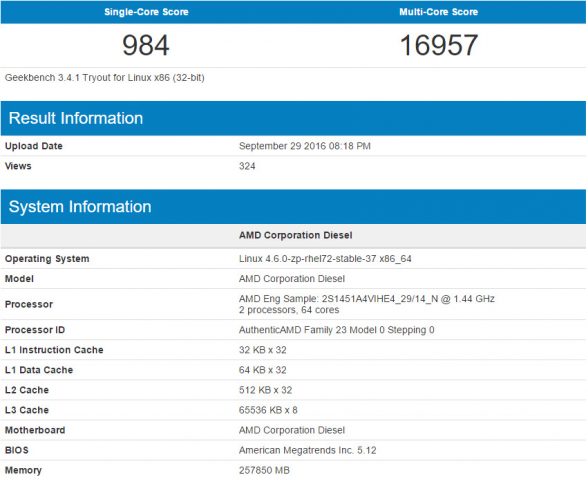
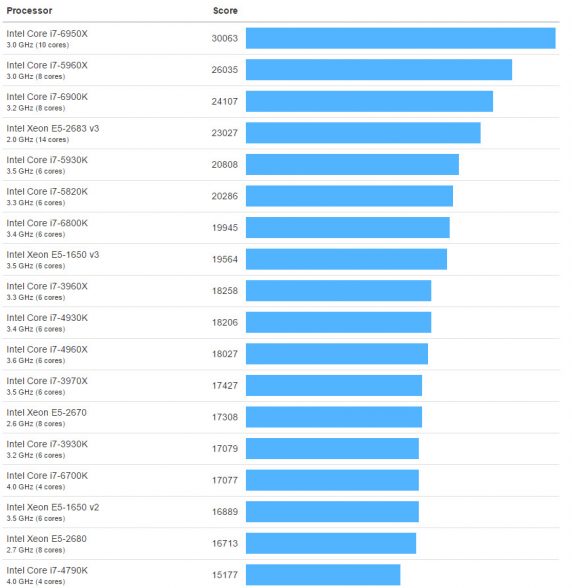

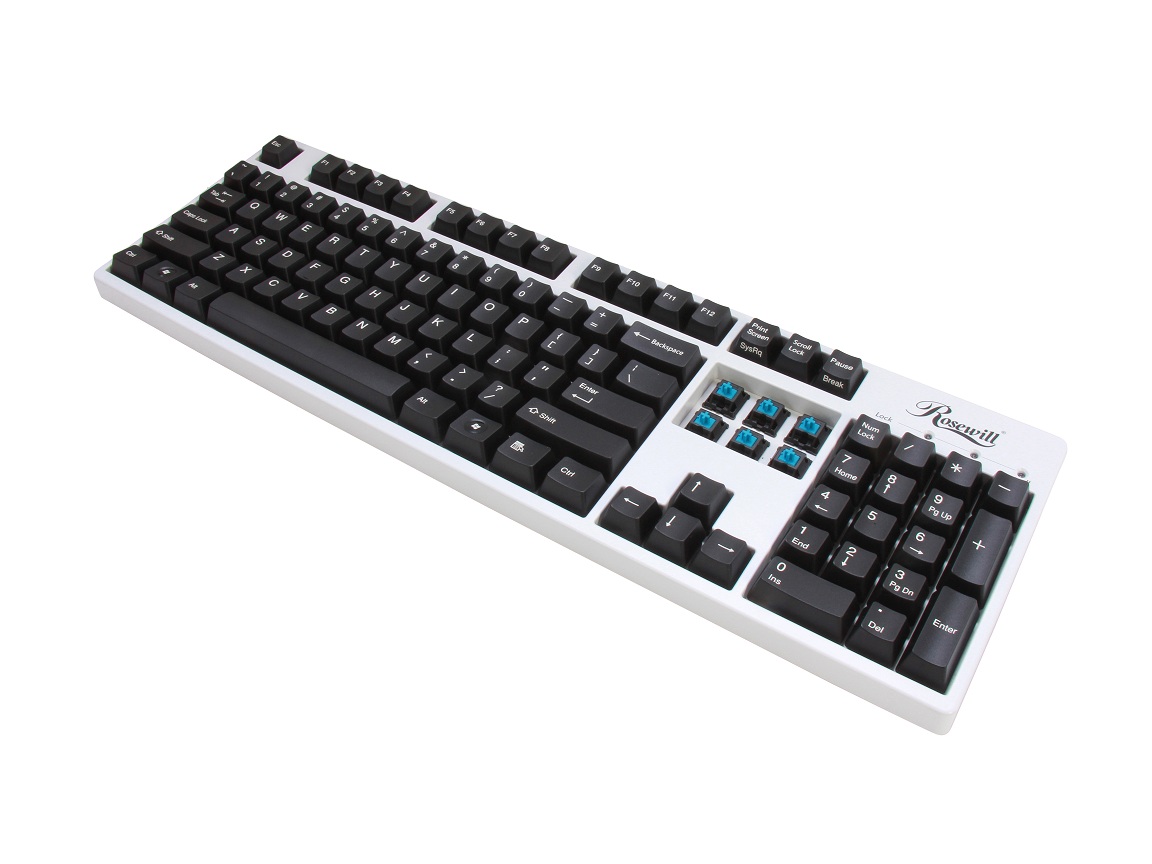
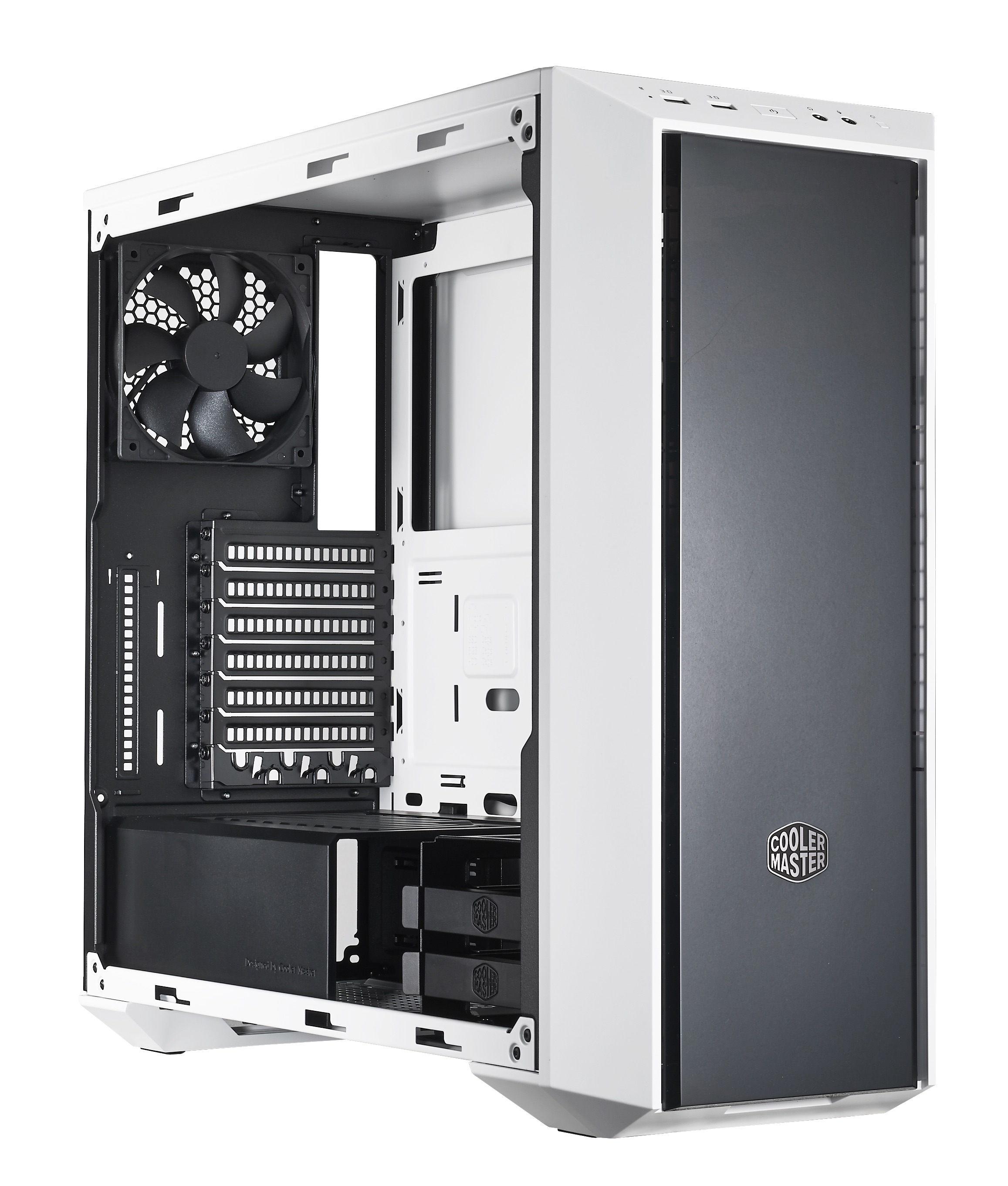
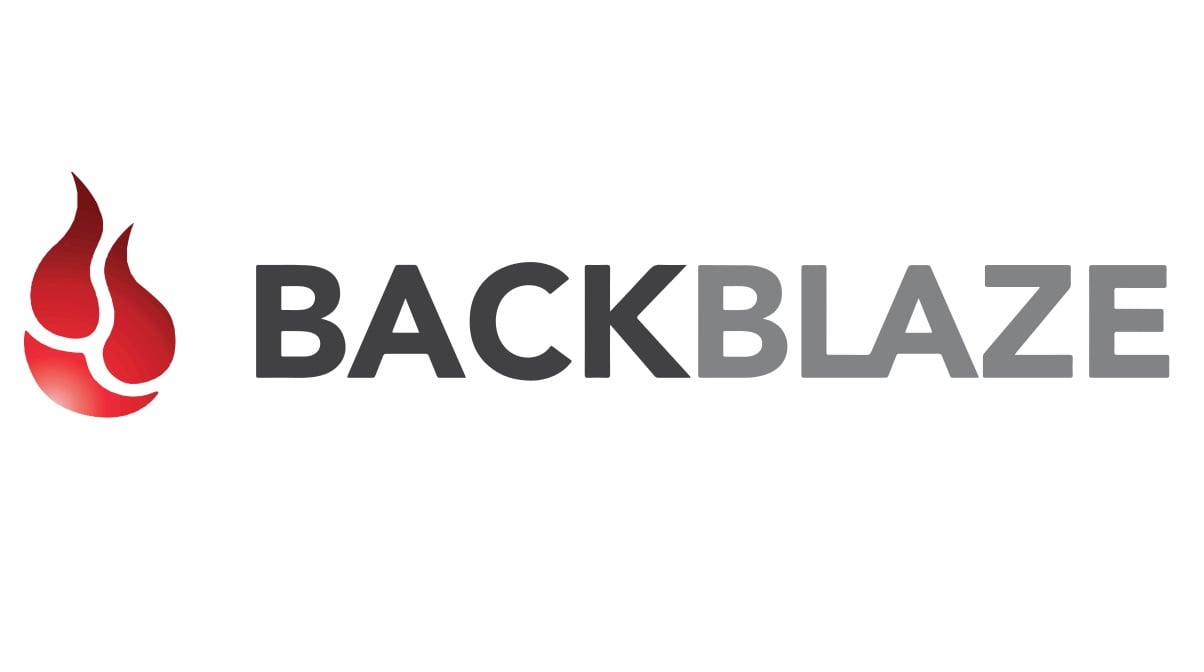
Zen fail.
it’s not even out yet. 1.44GHz seems like they underclocked it.
:) I expect it to get atleast 4GHz.
http://bit.ly/4-7GHzOctacore I mean we can expect in the future to reach 5GHZ like this beast right? :)
FX9590 fail also.
5GHz but still slower than top CPUs like Core i7 6700K
Well you are comparing a 2013 AMD CPU vs A INTEL 2015 CPU.
Intel CPU is about. twice the price too.
This http://bit.ly/4-7GHzOctacore VS this http://bit.ly/i7-6700k-Skylake Here check it out.
Older top CPUs like 4770K from year 2013 also faster than FX9590
https://browser.primatelabs.com/geekbench3/search?dir=desc&q=4770k&sort=multicore_score
Compare with FX9590
https://browser.primatelabs.com/geekbench3/search?dir=desc&q=fx-9590&sort=multicore_score
FX9590 was originally slated for $920
http://www.tweaktown.com/news/31127/amd-5ghz-fx-9590-cpu-pricing-info-spotted-seems-a-bit-too-high/index.html
Launched at $799
http://www.hardwarecanucks.com/forum/hardware-canucks-reviews/62166-amd-fx-9590-review-piledriver-5ghz.html
Relaunched at $359
http://www.hardwarecanucks.com/forum/hardware-canucks-reviews/66761-exclusive-amd-launch-new-fx-9590-cpu.html
Then the price keep dropping because performance not great and too much power usage.
220W and water cooler requirement is ridiculous for new generation CPU.
Pentium Extreme Edition also never had such high wattage.
Skylake Core i7-6700K with 4 cores better than Zen Naples
http://browser.primatelabs.com/geekbench3/search?dir=desc&q=i7+6700k&sort=multicore_score
Current Opteron up to 64 cores better than Zen Naples also
http://browser.primatelabs.com/geekbench3/543336
Older generation Xeon up to 60 cores can reach over 100,000
https://browser.primatelabs.com/geekbench3/1843815
Zen Naples failed bigtime.